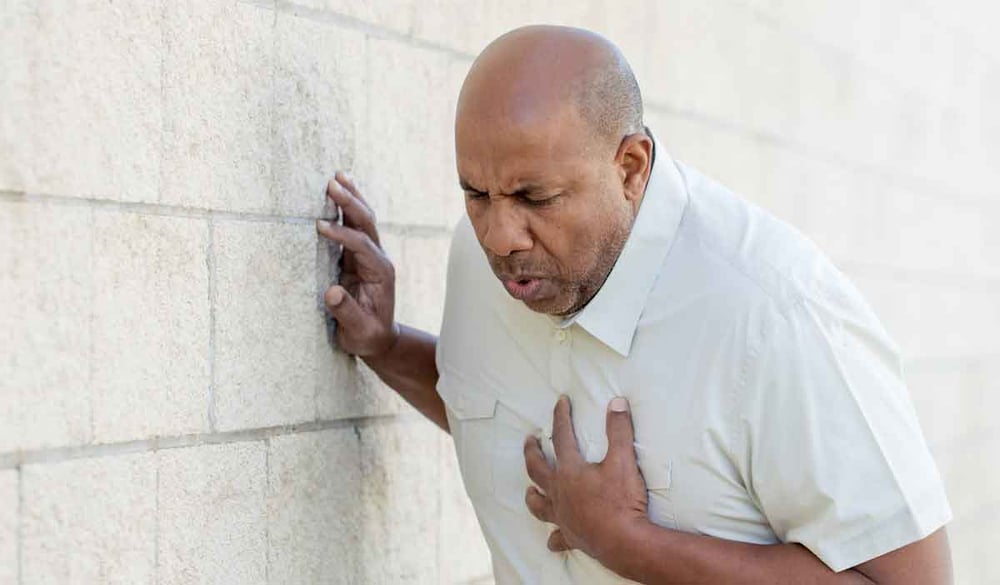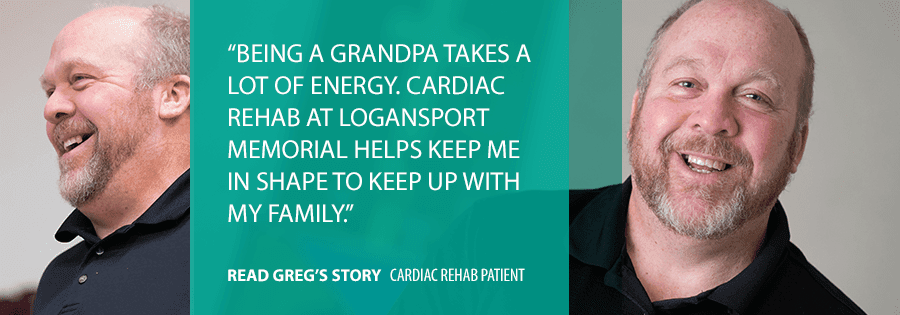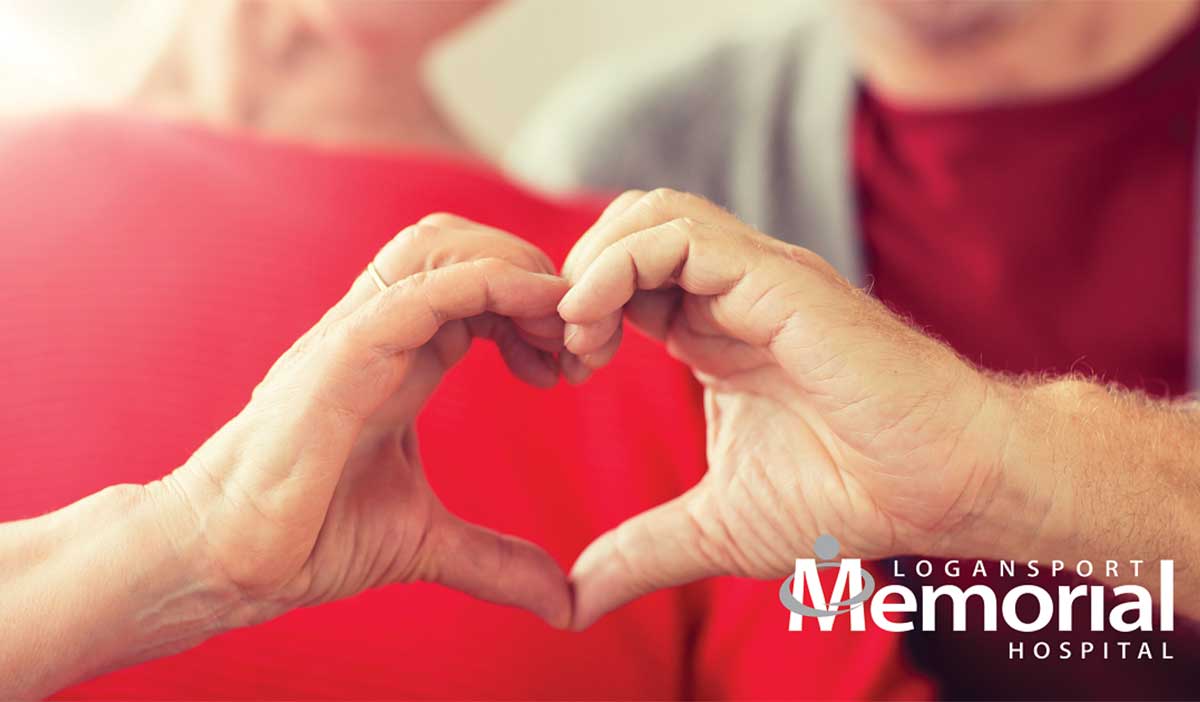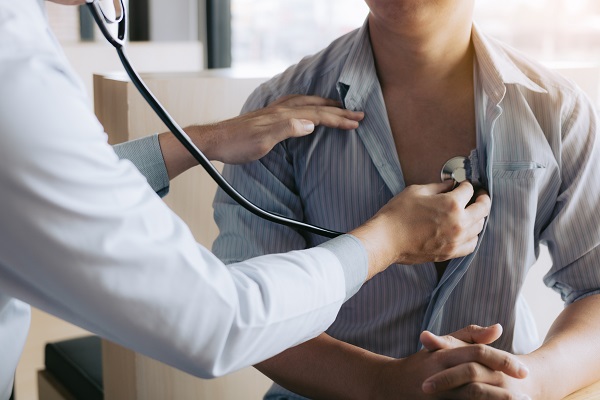 Signs of serious heart distress
Signs of serious heart distress
Call 911 if you are experiencing these immediate signs of heart distress:
- chest pain
- shortness of breath
- palpitations
These signs mean a heart attack could be imminent. There are other signs, however that indicate it's time to talk to your doctor about your heart health. If you have any of the following risk factors such as high LDL cholesterol, low HDL cholesterol, high blood pressure, family history of heart disease, diabetes or smoking - you could be at an increased risk of heart disease.
Common signs of heart disease that are often overlooked
The most common warning sign of heart problems is chest pain. A discomfort, heaviness, pressure, aching, burning, fullness, squeezing, or painful feeling in your chest should not be dismissed as indigestion or "nothing to worry about." If you have that regularly or for a long period of time, call your doctor. Other common signs that something may not be right with your heart include:
- Shortness of breath, even though you're in good shape
- Unexplained pain in your upper torso, neck and jaw
- A faster heartbeat or feeling of pounding in your chest
- Dizziness or light-headedness
- Sudden nausea, sweatiness or anxiety
- Extreme fatigue
- Severe pain in your legs or hips when when you walk
- Changes in your extremities such as pain, swelling, tingling, numbness, coldness or weakness
Hear health in men
According to the CDC, heart disease is the number one cause of death in males in the United States - in fact, nearly 1 in 4 men die from heart disease each year. Between 70% and 89% of sudden cardiac events occur in men. Additional studies show that 50% of men who experience a heart attack did not know they had heart disease. In other words, they don't know the symptoms and warning signs. And too many men are not living heart healthy lifestyles.
Review the CDC heart facts in men
6 heart-healthy lifestyle changes that are good for everyone to make
- Aim for a Healthy Weight: Excess weight strains the heart which can lead to heart failure. Talk to your doctor about meal planning, exercise and smart ways to lose weight.
- Discontinue or Avoid Smoking: It's never too late to quite - quitting smoking reduces your heart rate and blood pressure within minutes.
- Eat a Healthful Diet: Focus on whole grains, fruits and vegetables, and nuts. Reduce your intake of saturated fats - they raise cholesterol levels, which clogs arteries and makes your heart work harder.
- Maintain Normal Blood Pressure: High blood pressure makes the heart work harder. Dietary changes, regular exercise and medication can all help you control your blood pressure.
- Decrease or Discontinue Alcohol Consumption: Moderate alcohol intake is two drinks per day for men and one drink per day for women.
- Exercise Regularly: If you have not developed heart failure, aerobic exercise can reduce your risk. Talk to your doctor about starting exercise program that can strengthen your heart and lower blood pressure.




